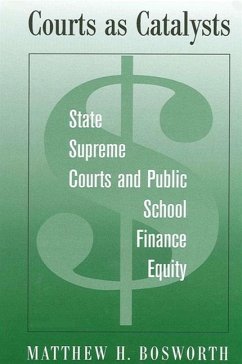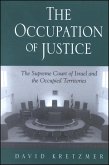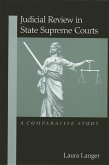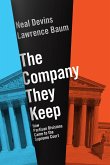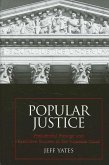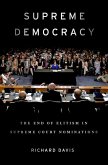Despite education being one of the most important, if not the most important, political issues for the American public, access to funding for education is not equal across school districts. Local public schools are generally funded by a combination of state aid and local property taxes, a combination which favors wealthier suburbs and disadvantages relatively poor urban and rural areas. Nationwide, low-income districts have gone to court attempting to remedy these inequities. But has litigation been worth the price from the activists' perspective? Can poor districts (and poor parents and children) look to courts for help? Conversely, should rich districts fear court-ordered redistribution of wealth from their schools? This book examines the effectiveness of state supreme courts in Texas, Kentucky, and North Dakota in achieving funding equity between rich and poor public school districts. It includes more than ninety interviews with policymakers and observers and concludes that, although there are many factors that can help or hinder equity reform, courts can make a difference.
Hinweis: Dieser Artikel kann nur an eine deutsche Lieferadresse ausgeliefert werden.
Dieser Download kann aus rechtlichen Gründen nur mit Rechnungsadresse in A, D ausgeliefert werden.
Hinweis: Dieser Artikel kann nur an eine deutsche Lieferadresse ausgeliefert werden.

